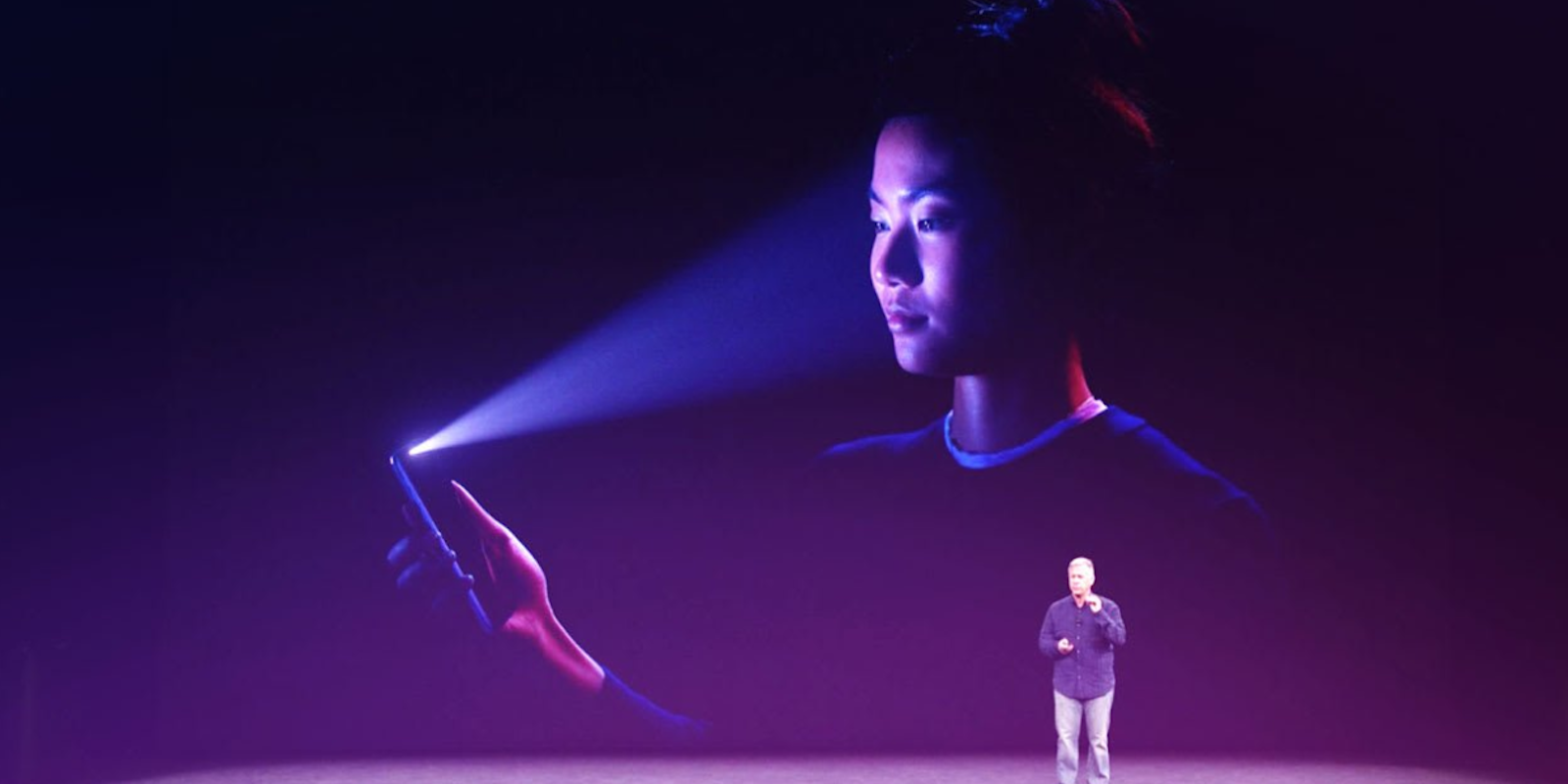Apple promised in its iPhone X keynote that its Face ID authentication method is more secure than Touch ID, but it failed to mention a few critical pieces of information: Don’t use it if you have a twin or are younger than 13 years old.
The fine print was first discovered by the Guardian in a Face ID security document published by Apple on Wednesday. It states the probability of a “false match” is higher for twins and children under 13 years old because their distinct facial features haven’t fully developed. It even recommends reverting to the outdated passcode for anyone concerned about these limitations.
We don’t expect too many 13-year-olds to be walking around with a $1,000 iPhone, but this could complicate things for twins or even people with siblings who look similar. Still, Apple assures the probability that a random person in a population could unlock your phone using Face ID is somewhere around 1 in a million, or 20 times more secure than the previous fingerprint sensor.
The electronics maker claims its fancy new encrypted software is so secure because it uses machine learning algorithms to detect when someone is trying to trick the system. The mobile giant appears to have learned from its mistakes after a user embarrassingly fooled its Touch ID fingerprint system just days after the release of the iPhone 5s.
“Face ID is designed to work with hats, scarves, glasses, contact lenses, and many sunglasses,” Apple writes. “Furthermore, it’s designed to work indoors, outdoors, and even in total darkness. An additional neural network that’s trained to spot and resist spoofing defends against attempts to unlock your phone with photos or masks.”
Beyond being the butt of many jokes during Apple’s big reveal, Face ID is causing worry over users’ security and privacy. Apple assures the data gathered, including the mathematical representation of your face created using 30,000 infrared dots, is encrypted and only available on what Apple calls a “Secure Enclave.” The company claims the data never leaves the device and isn’t ever sent to Apple.
If you’re still worried about Face ID, you can read Apple’s entire security guide at this link.
H/T the Guardian


